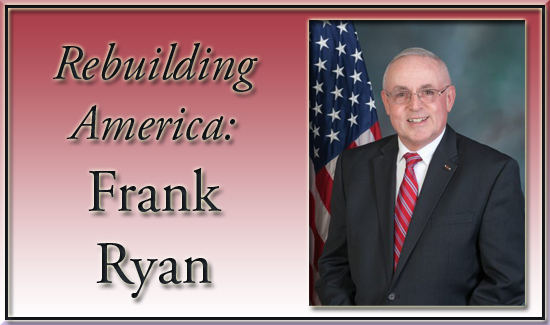The Diplomacy of Donald Trump

The North Korea and United States negotiations as well as the G7 US relationship have taken center stage in recent months.
The style of diplomacy in the first two years of the Trump Administration signals a total departure from the negotiating style used by the United States since World War II. The departure from the conventional approach has taken many in the world community and in our nation by surprise. At the same time, the possibility of solutions coming to fruition in so many difficult areas have finally appeared on the horizon.
In the case of North Korea, our nation has been stalemated by this rogue nation since the end of the Korean War. Even during the Korean War the influence of the Chinese on the peninsula was well documented as it has been to the current time. Additionally, the threat of nuclear war with North Korea became all too real in recent years.
Pres. Trump, however, through a series of unconventional diplomatic and pseudo-psychological operation tactics brought North Korea to the bargaining table.
The success or failure with North Korea of this new approach will not be known for quite some time but the President’s unconventional style has thus far stopped missile testing aimed at Guam and possibly mainland United States. Hawaii experienced the effects of an erroneous air raid drill on the island but the error did have the effect of highlighting how apprehensive everyone had become with the rogue North Korean state.
In much the same way, the G7 tariff retaliation and Summit tensions reflect an entirely different type of diplomacy that previously seen. The last time something was seem like this was when Reagan walked away from the Soviet Summit in Reykjavík Iceland.
When diplomacy is viewed from a short term, immediate gratification, perspective as opposed to the long-term results that are achieved, strategic diplomacy will fail.
The difficulties of managing the public relations of a diplomatic campaign can never be underestimated. The Vietnam War, as an example, was lost diplomatically rather than militarily. The defeat diplomatically caused the strategic defeat militarily and Vietnam was lost.
I watched all too frequently when I served in the United States Marines in Iraq when serving with the Multinational Force-Iraq that a completely different diplomatic style would be required to restore the United States to its position of world influence both economically and militarily.
The President is breaking the traditional approach to United States diplomacy in which we negotiated from a “sound bite” perspective that was misguidedly perceived as a strategy.
Pres. Trump is signaling that we will be dealing from the perspective of resolving problems permanently by the solutions enacted and dealing from a position of equality – a worldwide equality as equal partners on the world stage.
He is directing that the State Department negotiate using the comparative advantage, dealing with our strengths as a nation as our new arsenal of diplomatic weaponry that we have, to establish parity for American workers and businesses as well as the United States economy in the world community.
The President, for the first time since Reagan, is focusing on appropriate measures of effectiveness such as the balance of trade to measure parity of our trade agreements. Our nation has historically believed that the balance of trade meant nothing when in fact the President knows that it is a critical barometer of economic success.
Over the past 40 years our nation’s industries have suffered horrifically at the hands of the nation’s misguided foreign policy. At the end of World War II, the compassionate response of the Marshall Plan made sense and helped rebuild a devastated Europe, Japan, and China. Once those nations were rebuilt, it is imperative that we transition back to the equality of trading partners. Our State Department never made the transition and as such the stage was set for undermining of American industry which put us at a great strategic weakness.
Trump is negotiating using the position of strength as a consumer and financial power house that we are to reestablish a level playing field. In the long run all nations being strong will remove tariffs and allow all nations to compete and thrive through the benefits and advantages of a free market system.
The temporary interruptions of the G7 and the tariffs as well as the potential progress made with North Korea require patience and consistency in foreign policy. Our international neighbors must know that we are serious. Previously our threats and actions carried no weight. With Pres. Trump, our trading partners know precisely where he stands and that he will carry out his threats.
With that understanding, our neighbors will have every incentive to negotiate and to resolve our mutual differences. Problems will start to be solved and economic prosperity and free trade will result.
Frank Ryan, CPA, USMCR (Ret) represents the 101st District in the PA House of Representatives. He is a retired Marine Reserve Colonel, a CPA and specializes in corporate restructuring. He has served on numerous boards of publicly traded and non-profit organizations. He can be reached at [email protected].






